If there’s one medical issue that affects teenagers and young adults more than any other, that condition is acne vulgaris, the medical term for acne or, simply, the condition of having too many pimples.
Normally, the body produces sebum, an oily lubricant, and secretes it through sebaceous glands to the skin. This lubricant is necessary to protect the skin from the elements and to keep it moist. During adolescence and other times of hormonal change, fluctuating hormones change this process and create several conditions that are likely to produce acne. Acne is caused by excess sebum and dead skin cells that block up hair follicles. The result is “breakouts” that often appear on the face, but can also pop up on the neck, back, chest and shoulders.
Why do some people suffer from acne while others maintain clear skin throughout puberty and young adulthood? There are numerous reasons, but genetics play a big role along with nutrition, lifestyle, occupational conditions, pollutants, medications taken, and climate.
If you suffer from acne, be wary of the usual conventional treatments. Most prescription drugs for acne are either harsh topical lotions, which can cause dryness, redness, scaling, and sun sensitivity, or antibiotics, which disrupt the natural balance of intestinal flora and may give you yeast infections and diarrhea. Instead, try a natural treatment plan for acne that emphasizes dietary changes, detoxification, stress reduction, natural hormone balancing, and identification of possible food allergies.
Recommendations for Tackling Acne (Pimples)
Diet
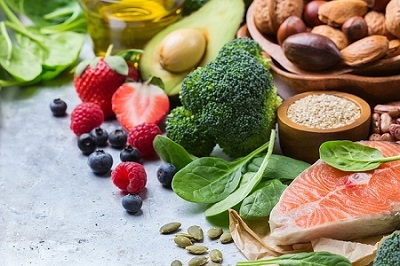
- In general, acne sufferers should follow a simple diet of basic, unprocessed foods.
- Dark-green or orange vegetables are especially helpful for their carotenoids, which help maintain and repair the skin. Eat them raw or lightly cooked to retain their nutrients and fiber.
- Ground flaxseeds added to cereals, salads, and smoothies provides plenty of fiber for proper elimination, as well as helpful essential fatty acids. Take with at least a glass of clean, quality water daily.
- Nuts and seeds, such as almonds, walnuts, and pumpkin seeds, are good sources of skin-healthy vitamin E and essential fatty acids.
- Drink a glass of clean, quality water every two waking hours (8 glasses in a day) to flush toxins out of the body and to maintain good general health.
- Consume quality protein from sources like beans, eggs, and fresh cold water fish such as salmon, mackerel, and sardines.
- If you must use topical or oral antibiotics for acne, be sure to consume some unsweetened yoghurt every day. Antibiotics destroy the “friendly” bacteria in your digestive tract, which are necessary for good health, and yoghurt will replace them.
Foods to Avoid
- Eliminate junk and processed food, such as refined grains (foods made from flour and the likes), carbonated drinks, and candy. These products are a large source of toxins in the average diet.
- Sugar encourages oil production and provides food for bacteria and yeast. Do not consume foods that contain added sugar. Avoid artificial sugar substitutes like saccharine or aspartame.
- Saturated and hydrogenated fats are particularly difficult to digest, and they worsen acne. Stay away from fried foods and solid fats, such as margarine, lard, and butter.
- An acidic internal environment encourages acne, so avoid alcohol, sugar, chocolate, fried foods, and soda, and limit meat products.
- Coffee and other caffeinated products may aggravate skin conditions. Cut them out and replace them with herbal teas.
My Top 5 Supplements for Tackling Acne
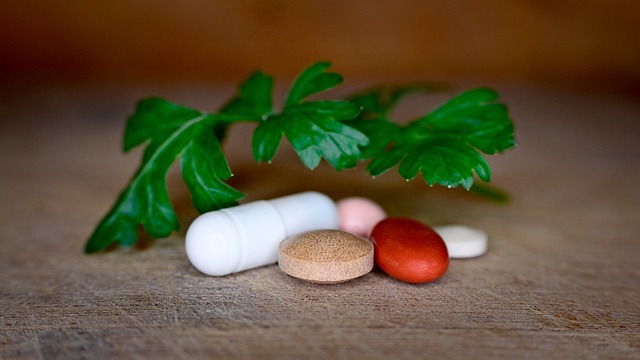
- Zinc : It is one of the best minerals to use for the treatment of acne. Studies have shown that it could be helpful against acne due to its antibacterial and anti-inflammatory properties. It works to reduce the buildup of DHT (Dihydrotestosterone) and promotes skin healing. It may take up to three months for benefits to occur.
- Vitex (Chasteberry) : Is an excellent hormone balancer to reduce acne formation and is effective for men and women. Use Vitex for at least six weeks. If you see improvement, continue with the same dose as long as it remains effective. Do not use if you are on birth-control pills or are pregnant.
- Burdock : Burdock root works as a blood purifier and a detoxifier, and it improves elimination. It also has hormone-balancing properties. Take it for a minimum of eight weeks.
- Essential Fatty Acids : Essential fatty acids, formulations that contain flaxseeds, fish, or a mixture of omega-3, 6, and 9 fatty acids, are helpful for acne and reduce skin inflammation. Take as directed on container. It may take four to eight weeks for improvements to be noticed.
- Beta Carotene (Vitamin A) : Vitamin A is helpful for the skin and has been shown in studies to reduce sebum production and keratin production. The problem with vitamin A is that high dosages are needed to be effective for acne, and these may cause side effects. A way around this problem is to use a lower dosage, along with other nutrients that work synergistically for skin health, such as selenium, vitamin E, and zinc. Pregnant women or those trying to conceive should not use more than 5,000 IU daily.
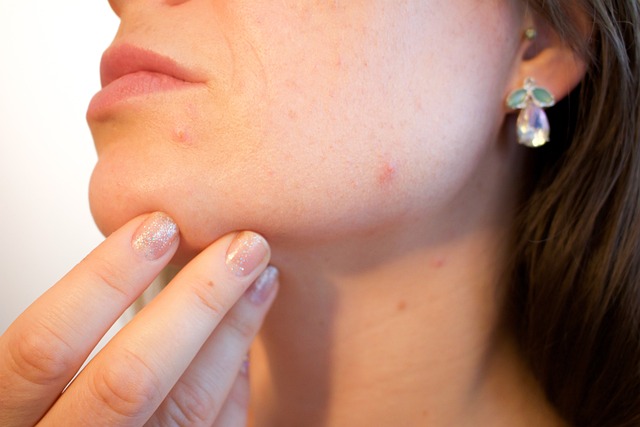




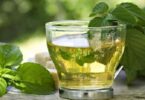
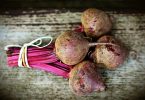
Leave a Comment